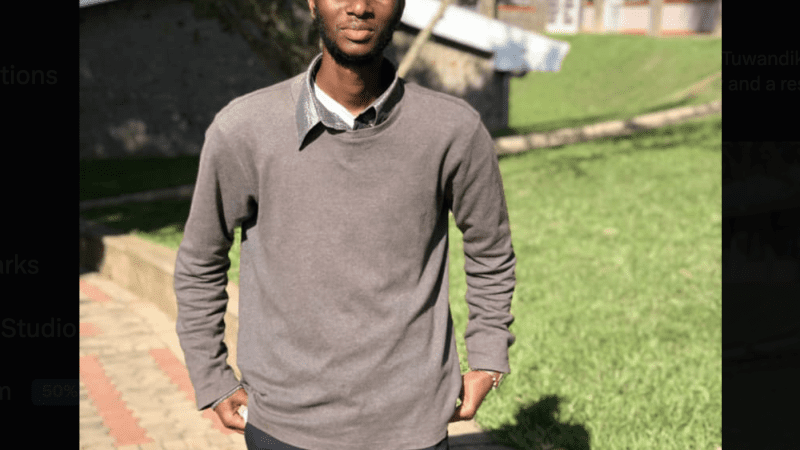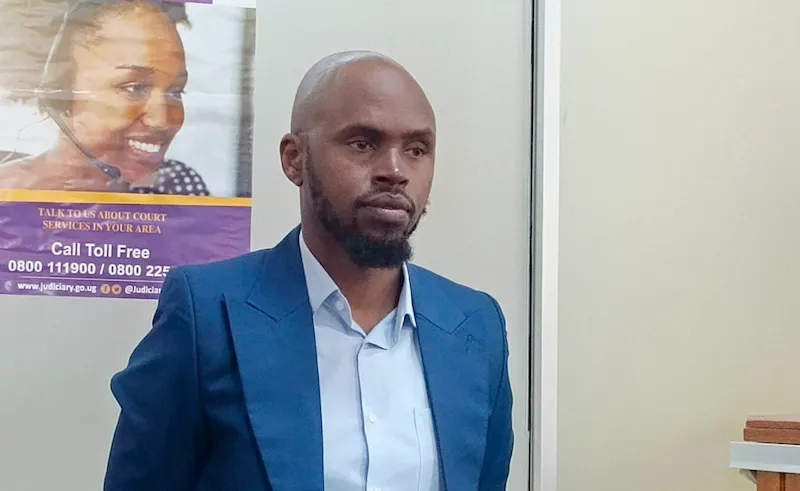The KCCA Hall Court has granted an application filed by musician Moses Ssali, popularly known as Bebe Cool, allowing police to examine comedian Alex Muhangi’s YouTube channels over allegations of copyright infringement.
Senior principal grade one magistrate Nicholas Aisu delivered the ruling on Thursday, as part of an ongoing case in which Bebe Cool accuses Muhangi of unlawfully using his content in at least 15 YouTube videos, some of which were also aired on NTV, a local television station.
Bebe Cool lodged the complaint earlier this year, claiming that Muhangi violated his neighbouring rights under Uganda’s Copyright and Neighbouring Rights Act, Cap. 222. The alleged infringements span from December 2017 to December 2024.
The investigations are being conducted by detective assistant inspector of police Ricky Wasswa Baliruno. Through state attorney Mercy Yamangusho, Bebe Cool requested court approval for police to access and analyze the YouTube links to aid the investigation.
Muhangi opposed the application, raising preliminary legal objections and accusing Bebe Cool of “greed and confusion.” He argued that Bebe had already been compensated for the content and should not contest its use on the channels.
However, magistrate Aisu dismissed Muhangi’s objections, calling them technicalities aimed at obstructing justice. He found that the application was properly filed and backed by competent evidence.
He emphasized that denying the request would impede ongoing investigations under reference SD 58/28/02/2025. The court granted police permission to access, inspect, retrieve, examine, and analyze the content from Muhangi’s YouTube channels including view counts, comments, and upload dates.
Earlier, Muhangi’s lawyer, Robert Rutaro, had proposed an out-of-court settlement. However, Bebe Cool declined to engage in mediation efforts.
In his ruling, Aisu stated “The respondent calls it greed, ignorance, and confusion for Moses Ssali alias Bebe Cool to take or ‘eat’ their money and then refuse them to use his content on their YouTube channels. Clearly, going by the above, I agree that there is need to allow this application for the benefit of both parties and in the best interest of justice.”
Aisu cited Section 47(1) of the Copyright and Neighbouring Rights Act, which classifies infringement as a criminal offense punishable by a fine not exceeding 100 currency points (Shs 2 million), imprisonment not exceeding four years, or both.
He also referred to Sections 44, 46, 48, and 49 of the Act, which outline offences by corporate bodies, penalties, and compensatory provisions. Concluding that the law provides both civil and criminal remedies, Aisu affirmed the court’s jurisdiction in the matter and allowed the application. He ruled that each party shall bear its own costs.
OVER VIEW
Muhangi opposed the application, raising preliminary legal objections and accusing Bebe Cool of “greed and confusion.” He argued that Bebe had already been compensated for the content and should not contest its use on the channels.








